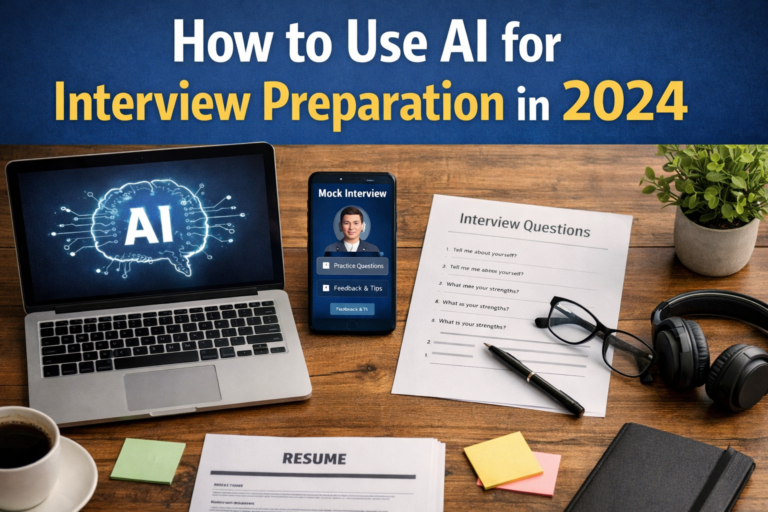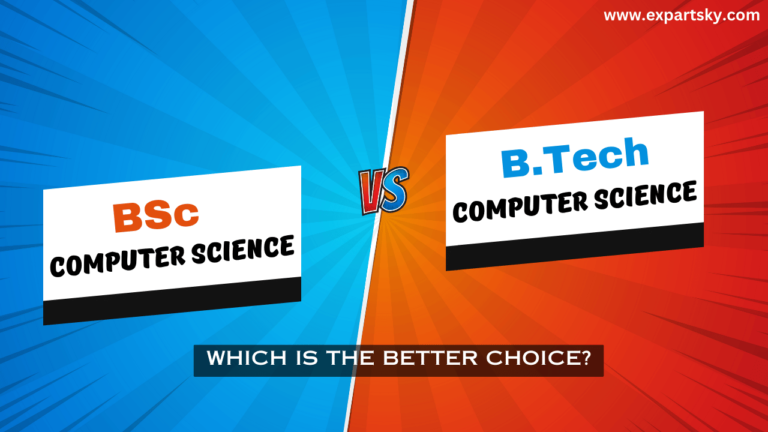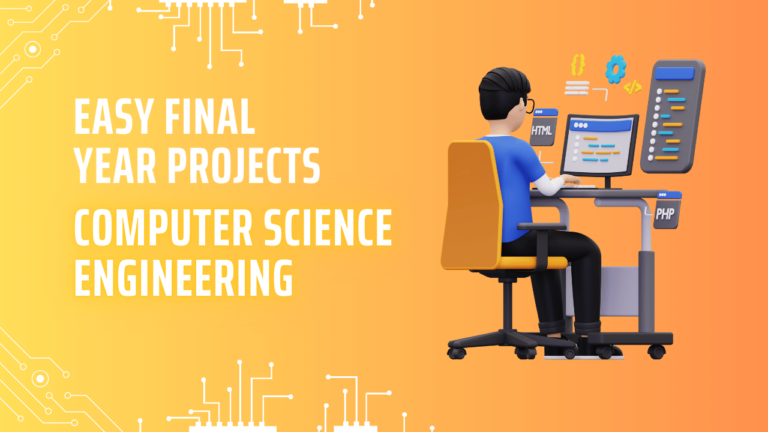
How to Use AI for Interview Preparation in 2025
Preparing for job interviews can be stressful, especially for students and fresh graduates. The good news? AI-powered tools now make…

Preparing for job interviews can be stressful, especially for students and fresh graduates. The good news? AI-powered tools now make…

Choosing the right final year project is a crucial step for computer science students. A well-thought-out project not only enhances…

The MSc in Computer Science is a highly sought-after postgraduate degree designed to provide students with advanced technical expertise and…

getting a diploma in computer science can open the door to great career opportunities. There are many programs to choose…

Discover the highest salary jobs in India across diverse sectors like technology, finance, healthcare, and government. Explore the top 10…

Today, when it comes to making a career in the ever-evolving field of computer science, choosing between BSc Computer Science…

Explore simple and Easy Final Year Projects ideas for Computer Science Engineer. From face detection to IoT projects, find beginner-friendly…

Choosing the right Final Year Project Ideas as a computer science student is crucial to showcasing your technical expertise and…

If you’re preparing for a UI developer interview question, it’s important to be prepared for a number of questions that…

Software engineering is at the heart of the digital revolution, shaping how we learn, work, and interact with the world.…